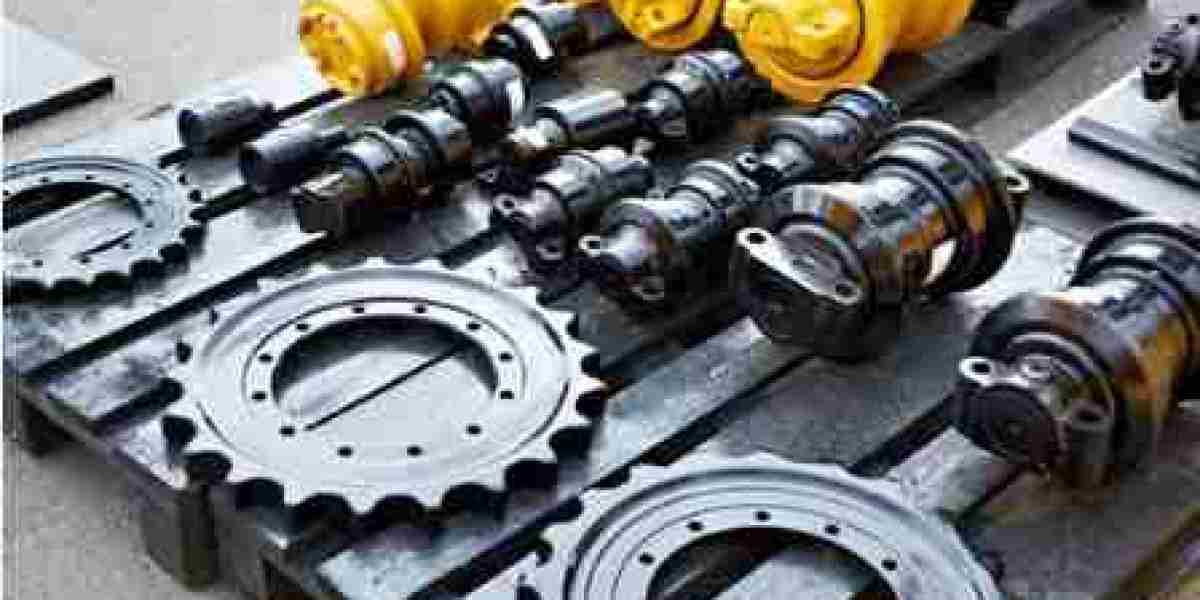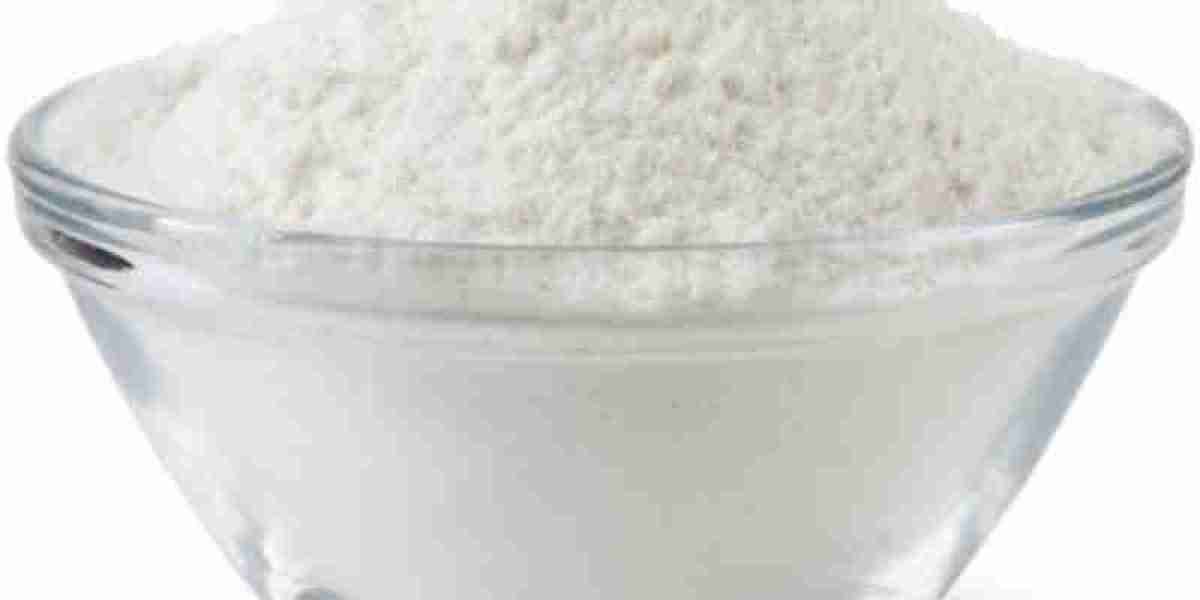Envision a construction site suddenly coming to a standstill due to a failed crane component. The silence of idle workers and the ticking clock of project deadlines create a stressful and costly situation. This scenario highlights a crucial truth: when it comes to P&H crane parts and other essential components, compromising on quality is a gamble few can afford.
In an industry where every minute of downtime can result in substantial financial losses, the choice between high-quality and substandard crane components isn't just about immediate costs—it's about understanding the total cost of ownership and ensuring long-term success.
The False Economy of Cheaper Parts
Under pressure to reduce costs, many operators might be tempted by lower-priced alternatives to genuine P&H crane parts. However, these apparent savings often prove to be a costly illusion. Like a house built on sand, equipment maintained with substandard components is destined for trouble.
Studies show that using high-quality crane parts can extend equipment life by up to 40% compared to cheaper alternatives. When you factor in the reduced downtime, lower maintenance requirements, and enhanced safety profile, the investment in quality parts begins to look less like an expense and more like an insurance policy.
Safety: The Non-Negotiable Factor
In crane operations, safety isn't just another checkbox—it's the foundation of everything. Genuine P&H crane parts are engineered to meet rigorous safety standards, providing peace of mind that's worth its weight in gold. The cost of a single safety incident far outweighs any savings from choosing inferior components.
The Hidden Costs of Inferior Parts
When evaluating the true cost of crane components, we must look beyond the price tag. Inferior parts can lead to:
- Increased frequency of replacements
- Higher maintenance costs
- Extended periods of downtime
- Reduced equipment efficiency
- Potential damage to other components
- Increased safety risks
Quality P&H crane parts, while initially more expensive, often prove more economical over time. They're designed to work harmoniously with existing systems, reducing wear and tear across the entire machine.
The Technology Factor
Modern cranes are sophisticated machines, and their components reflect this complexity. High-quality crane parts incorporate the latest technological advances, ensuring optimal performance and compatibility. This is particularly evident in genuine P&H crane parts, which are designed with specific tolerances and specifications that cheaper alternatives often fail to match.
Industry data suggests that equipment maintained with high-quality parts operates at peak efficiency up to 30% longer than those using lower-quality alternatives.
Environmental and Sustainability Benefits
In an era of increasing environmental consciousness, the durability of high-quality crane parts offers significant sustainability benefits. Longer-lasting parts mean:
- Reduced waste generation
- Lower carbon footprint from manufacturing and transportation
- Decreased energy consumption through optimal performance
- Better compliance with environmental regulations
Making the Smart Investment
When sourcing P&H crane parts or other critical components, consider these key factors:
- Total Cost of Ownership (TCO)
- Manufacturer certification and warranties
- Performance track record
- Availability and lead times
- Technical support and documentation
The Role of Preventive Maintenance
High-quality crane parts play a crucial role in preventive maintenance strategies. By investing in superior components and following manufacturer-recommended maintenance schedules, operators can significantly reduce the risk of unexpected breakdowns and costly emergency repairs.
Regular inspection and timely replacement of P&H crane parts, combined with proper documentation and tracking, create a robust maintenance framework that protects your investment and ensures reliable operation.
Conclusion
The decision to invest in high-quality crane parts is not merely a choice between different price points—it's a strategic business decision that affects safety, efficiency, and long-term profitability. While the initial cost may be higher, the benefits of using genuine P&H crane parts and other quality components far outweigh the short-term savings of cheaper alternatives.
In an industry where reliability and safety are paramount, the true cost benefit of quality crane parts lies not just in their longevity, but in the peace of mind they provide. As we continue to push the boundaries of construction and industrial capabilities, the value of investing in quality becomes increasingly clear. After all, in the world of heavy machinery, there's no substitute for reliability, and no shortcut to safety.







